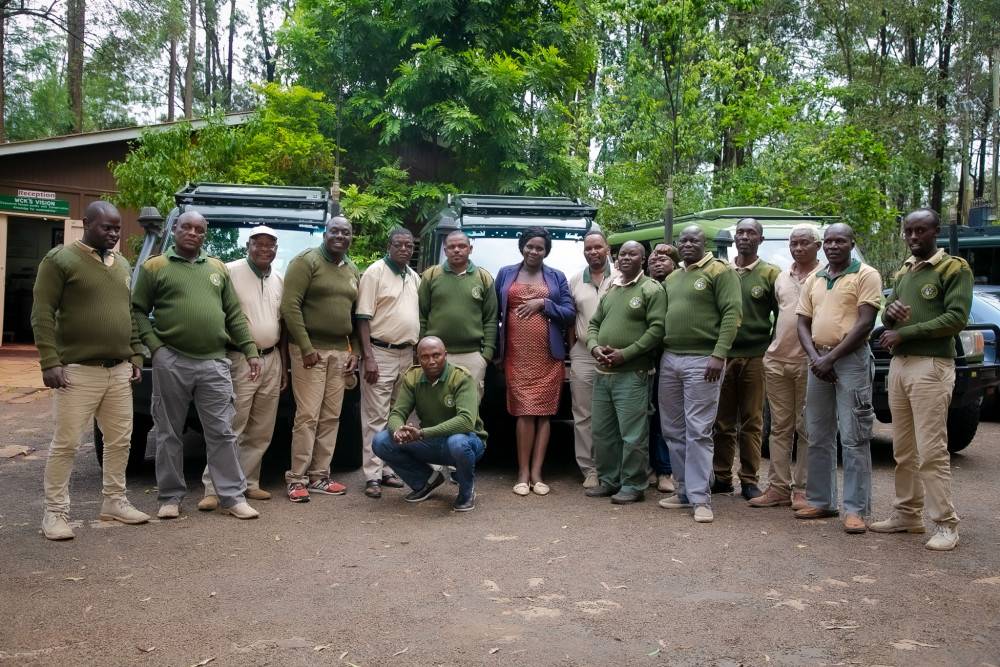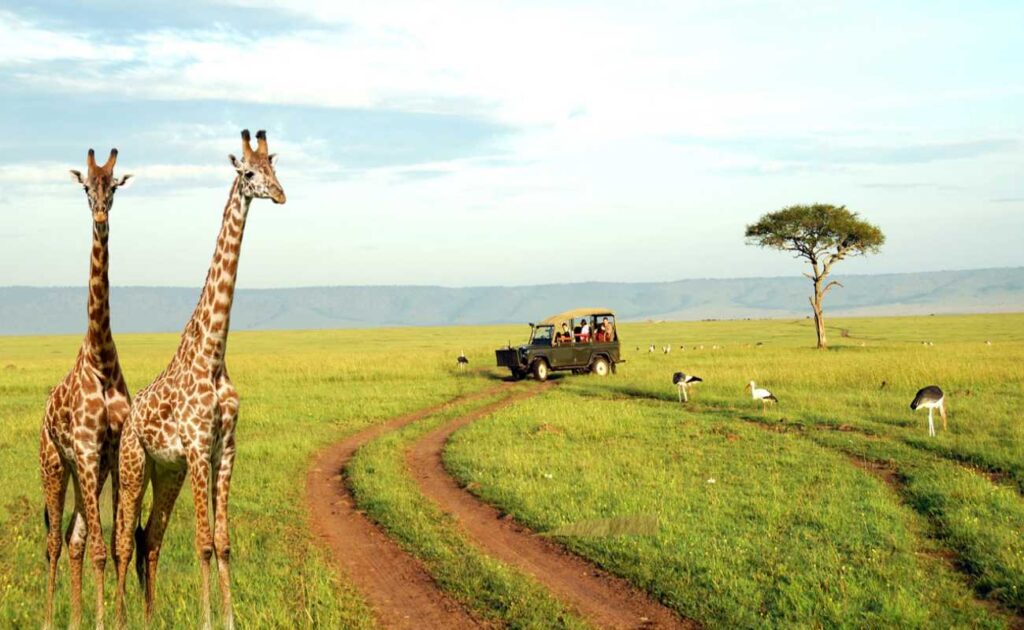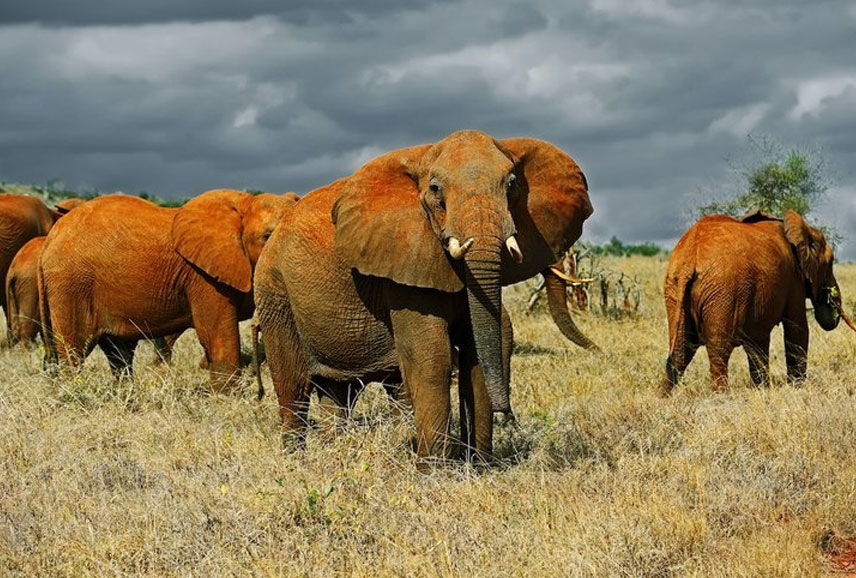Recommended Advice On Choosing Mombasa Watamu Snorkeling
Recommended Advice On Choosing Mombasa Watamu Snorkeling
Blog Article
What Security And Safety Considerations Should I Be Aware Of While I'm In Mombasa?
Be conscious of safety and security aspects when travelling to Mombasa, Kenya is vital to have a safe and enjoyable journey. Remember these essential points:
1. General Security
Be informed: Make sure to stay up-to-date on the latest local news and also any travel warnings issued by your country.
Register at Your Embassy.
2. Health Precautions
In case of vaccinations, make sure that you have received all of your routine vaccinations. Also, consider purchasing additional vaccines for Hepatitis A as well as Hepatitis-B, Typhoid fever, and Yellow Fever.
Mombasa is a region where malaria is prevalent. Make sure you take antimalarial medicine, apply insect repellents, lie down under mosquito nets and wear long-sleeved clothes at night.
Water and Food Safety: Drink bottled or boiled water, stay clear of the use of ice cubes, and consume cooked food. Be wary of street food.
3. Personal Safety
Beware of walking by yourself during the night: Remain in areas that are well-lit and populated. Beware of walking in darkness on the beach or in areas that are quiet.
Secure Your Important Items: Use hotel safes for passports, money, and other important items. Avoid displaying valuable items like electronic gadgets and jewelry.
Select a reliable transportation service: Choose registered taxis, ride hailing services or transportation provided through your hotel. Beware of cars that are not marked.
4. Local Laws and Customs
Respect local culture: Dress modestly when visiting religious places. Be aware of local customs and beliefs.
Kenya has strict drug laws and harsh penalties. Do not consume illegal substances.
Photographers should always request permission before taking photographs of military personnel or government structures, especially when in rural areas.
5. Beach and Water Safety
Safely swim. Be aware of local information regarding currents, conditions and swimming. Make sure you are in designated swimming areas.
Marine Wildlife: Be aware of marine life like jellyfish and sea urchins. If you're walking along the beach, be sure to wear shoes that fit.
6. Crime Prevention
The petty crime of bag snatching and pickpocketing are not uncommon, especially in places that are crowded. Stay vigilant and ensure that your valuables are close to you.
Scams - Be wary of strangers who seem to provide too much help or deals that seem too good to be true. Utilize certified tour operators.
Emergency Contacts - Know the local emergency number (999), including the Fire Department (999), and the Ambulance Service (999). Always keep the contact details of your consulate or embassy in your pocket.
7. Natural Hazards
Weather: Mombasa's climate is tropical, and could result in heavy rains or flooding, especially in the rainy months (April-June) and in October-November. Be alert to weather forecasts.
Sun Protection: Wear hats and use sunscreen to prevent burning as well as heat exhaustion.
8. Travel Insurance
Comprehensive coverage: Make sure your travel insurance is covered for medical emergencies as in addition to theft, loss and disruptions to travel. Make sure your insurance policy covers water sports, for instance.
Enjoy your holiday in Mombasa without worrying about security or safety, by keeping these tips in mind. Check out the most popular best holiday destinations in kenya for website info including kenya safaris and tours, kenya safaris, mombasa safari packages, kenya safaris, africa tours and safaris, mombasa safari, kenya safari and beach, trips to kenya, afri safari, kenya safari beach and more.
What Weather Considerations Should I Be Aware Of When I Am Traveling To Mombasa, Kenya?
To get the most out of a excursion to Mombasa in Kenya It is essential that you understand the weather patterns in Kenya. Here are the key weather considerations:
1. Climate Overview
Mombasa has a tropical climate, with high temperatures throughout the year. Expect a warm and humid climate with temperatures typically ranging from 24 degrees Celsius (75degF) to 32degC (90degF).
2. Seasons
It is the humid and hot season that runs from November through April. This is the most popular tourist season.
Long Rains April-June: The rainy seasons is characterized by heavy rains and thunderstorms. It is possible for roads to become muddy. This is the time when there is no tourism.
The coldest time of the year is from June to October in which humidity and temperatures are at their lowest. The weather is ideal for outdoor activities.
Short Rains (October to November) The short rain showers that are less intense occur during this time. The rains are usually short-lived and followed up with a few sunny days.
3. Tips for packing
Lightweight Clothing – Pack clothing that's breathable and light, like linen or cotton to keep cool during the summer months when it's hot.
Rain Gear - If you're traveling during the rainy season, make sure to bring a jacket with a water-resistant coating, a raincoat, as well as waterproof footwear.
Sun Protection: Sunscreen that has an SPF of high and a wide-brimmed hat sunglasses, and light clothing that cover your skin will aid in protecting your skin from the harsh sun.
Swimwear: Don't forget your swimwear for enjoying the beaches and hotel pools.
4. Weather Specific Activities
Beach Time: The best time to go to the beach is in the cooler months (June-October) in which the weather and conditions are nice.
A calm and clear ocean is perfect for diving, snorkeling and water sports, from November to March.
Wildlife watching: The cooler temperatures (June to October) is a great time to take safaris or go on wildlife excursions.
5. Health-related Considerations
Hydration is essential in this hot and humid weather. Drink plenty of fluids, especially if you are taking a walk in the sun.
Heat-Related Diseases: Be alert to the risks of heat exhaustion or heatstroke. Wear loose clothes and take frequent breaks in shade. Avoid vigorous exercise during heat peak.
6. Travel Adjustments
Rainy Season Travel: Prepare yourself for delays in travel during prolonged rainstorms. There may be instances where roads are impassable and outdoor activities could be restricted.
The rainy season can sometimes cause flight delays. Keep track of travel plans and create arrangements for contingencies.
7. Environmental Concerns
Natural Hazards. Be aware of the risk of flooding in heavy rains. Be aware of the weather conditions. Additionally, be sure to follow any local safety instructions.
Be aware that tides may vary drastically when planning beach activities. Look up local tide times for safe swimming and beachcombing.
If you are aware of the significance of the weather, then you'll be in a position to plan your trip, pack correctly and ensure that your stay in Mombasa is secure. Follow the top mombasa safari tours for website info including safari mombasa kenya, safari tour, africa tours and safaris, safari and tours, safaris beach, mombasa travel agency, safari trips in africa, tours and travel company in kenya, african safari africa, safari company kenya and more.
What Environmental Obligations Must I Be Aware Of When On Holiday In Mombasa?
Being environmentally responsible when traveling in Mombasa is important to preserve the beauty of the area and its rich biodiversity. Here are a few important environmental responsibilities to consider:
1. Sustainable Accommodation
Eco-Friendly hotels: Choose accommodation that adheres to sustainable practices. Find eco-labels, such as Eco-Tourism Kenya.
Resource Conservation: Join in hotel initiatives that aim at conserving water and electricity. Reuse linens and towels Turn off lights and air conditioning when they are not being used.
2. Responsible Wildlife Viewing
Respect wildlife. Maintain a distance from animals in order not to disturb them. Follow the guidelines provided by your tour guide.
Do not feed wildlife. Feeding animals can disturb their natural diet.
Leave No Track: Don't litter in wildlife reserves or parks. Take your trash home to properly dispose of it.
3. Plastic Reduction
Beware of single-use plastics. Use a reusable bottle for water, a shopping bag and utensils.
Encourage Local Initiatives: Take part in or help local beach clean-up efforts as well as organizations working to reduce plastic pollution.
4. Water Conservation
Mombasa faces water scarcity problems. Make shorter showers and turn off the taps when you are not in use.
Eco-friendly products: Use biodegradable or eco-friendly toiletries to reduce water contamination.
5. Energy Conservation
Reduce energy consumption - limit the use of air conditioning and disconnect electronic devices when they are not in use.
Support Renewable Energy - Choose accommodation and tour operators that use renewable energy.
6. Sustainable Transportation
Public Transport: If you can, use public transportation like matatus or buses to decrease the carbon footprint you leave on your feet.
You can think about eco-friendly alternatives such as renting a bicycle or jogging short distances. Some places offer eco-friendly taxis.
7. Supporting Local Economy
Buy locally: Help support the local economy by buying souvenirs, food, and crafts from local merchants.
Fair Trade: Select products that have been deemed fair trade to ensure that local producers receive fair compensation.
8. Environmental Education
Learn and share: Learn about your local environment and conservation initiatives. To increase awareness of what you've learned, share your knowledge to others.
Respect Local Cultures : Recognize and respect local customs, practices and beliefs related to conservation of the environment.
9. Marine Conservation
Responsible Snorkeling & Diving: Do not touch or step directly onto coral reefs. Use reef safe sunscreen to help protect marine life.
Do not dump trash in the sea. Join or help in marine conservation programs.
10. Ethical Souvenirs
Avoid Wildlife Products. Do not purchase products made from endangered species, such as tortoiseshell or ivory.
Sustainable Materials Buy souvenirs made of sustainable or recycled material.
11. Participate in conservation Activities
Volunteering: Participate in local conservation efforts or community-based tourism projects.
Support NGOs: Donate money to or support local NGOs as well as conservation organizations working to protect the environment.
12. Responsible Travel Practices
Groups of small size to reduce the impact on the environment.
Eco-Tours - Choose tour operators that are committed to sustainability and eco-friendly practices.
When you keep these environmental obligations in mind, it is possible to help preserve the beauty and beauty of Mombasa as well as the biodiversity of this region for the next generations. Follow the top rated island snorkeling in mombasa for site recommendations including safari tour, kenya safari tours, mombasa tour packages, luxurious african safari, kenya tours, kenya safari holiday, safari trips in kenya, kenya safari packages, travel tours in kenya, kenya safari holiday packages and more.